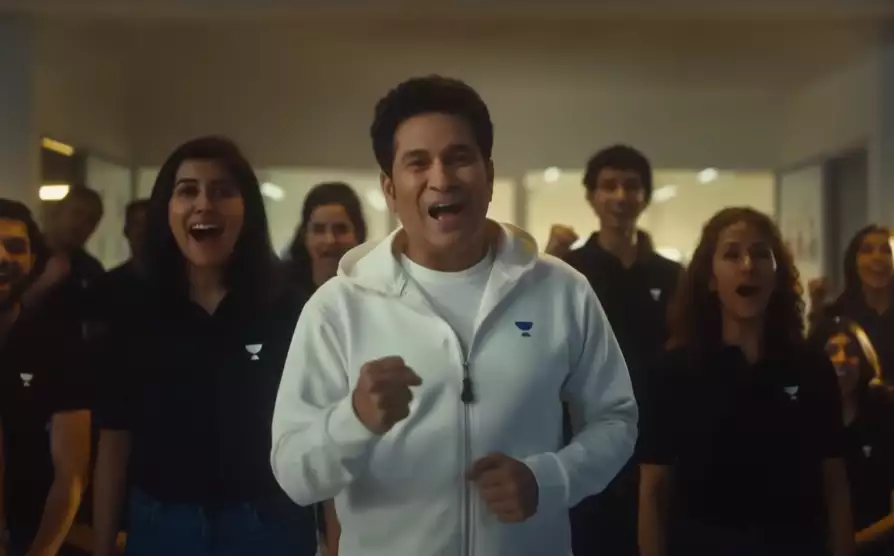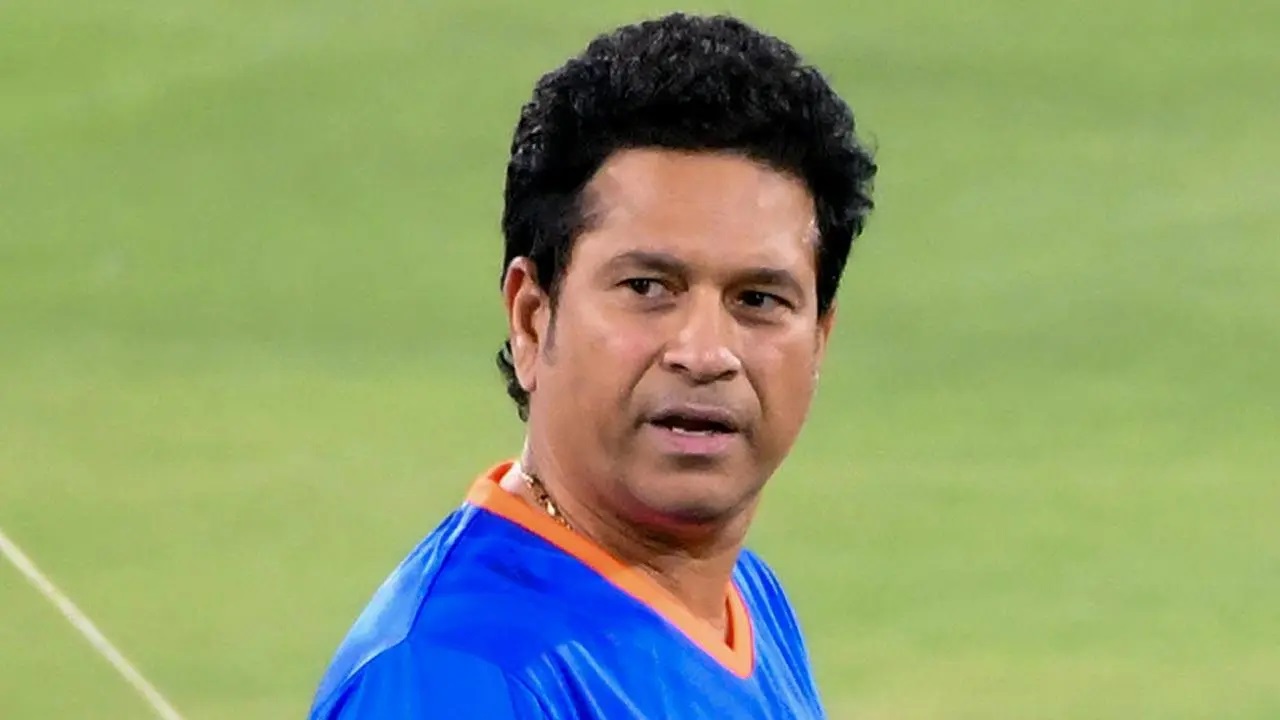Children must have the right to play: Sachin Tendulkar
Saturday 11 December 2021
MUMBAI: “Children must have the right to play. It is the best medium to help them channel their energy and teach them some of life’s most valuable lessons-on strength and determination, humility and mutual respect, on resilience and sportsmanship,” Sachin Tendulkar has mentioned in a special article the cricket legend has penned for UNICEF India. Tendulkar is also the regional goodwill ambassador for South Asia.
Given below is the article, which was tweeted by UNICEF India on Saturday.
“The late, great cricket coach, Achrekar Sir once told me: No one is bigger than the game. It was one of the most profound pieces of advice that I ever received and it stayed with me throughout my years in the sport. The game does not discriminate; it doesn’t matter who you are, or where you have come from. It doesn’t matter if you are a girl or a boy. As long as there is passion in your heart, the game is all yours.
That is the amazing thing about sport. It brings you hope and joy even in the most challenging circumstances. You can leave behind all your doubts, fears, and prejudices that may have caged you, and give in to your most natural instinct: to play.
Children must have the right to play. It is the best medium to help them channel their energy and teach them some of life’s most valuable lessons-on strength and determination, humility and mutual respect, on resilience and sportsmanship.
To be able to play with an open mind encourages children to push their limits, and in the process, discover their own potential. Throughout my career, I have always played with my heart. It was always about the process and not the result. I played because cricket gave me, and will always give me joy.
My father would always tell me: Be a good person first; everything else can come later. Sport is the best teacher to build character. When you are on a sports field, be it cricket or badminton, football or hockey, you let go of everything else and become a sportsperson, and only that.
You stand on the same platform as everyone else and learn to win with dignity and accept defeat with humility. Sport does not see your gender, just your hard work.
It is for this very reason that I believe sport is a great medium to empower girls. In November 2019, when I visited Nepal as a UNICEF ambassador and engaged with the women’s team in a game of cricket, the confidence they exuded left me impressed. The enthusiasm of the cricketers participating in the Women’s Cricket League in October 2020 in Jammu and Kashmir was inspirational.
At home, or in society at large, girls may face various kinds of discrimination, but on the sports field they have an opportunity to showcase their talent. This helps them grow as individuals. The Indian Women’s Hockey team played brilliantly in the Tokyo 2020 Olympics and produced many such examples. The captain, Rani Rampal‘s father could not afford to buy her a hockey stick when she was growing up, so she would play with a broken one; Salima Tete from Jharkhand would play with wooden sticks for the same reason. Deep Grace Ekka’s family was criticized because she was ‘allowed’ to play the game despite being a girl.
It is the same purpose that drives teenage footballer, Pria Dutta of Bangladesh to play for the national football team. Pria’s father is a carpenter who has to work hard to sustain his family of four. All of her difficulties, including the bias of society, fade once Pria, the team’s top striker, dribbles the football. She knows that on the field, she is invincible and that motivates her to work harder.
The big message is this: Let every child, girl and boy, play a sport. It will help their physical and mental growth. As the UNICEF Cricket for Good ambassador at the 2017 Women’s World Cup, my aim was to motivate girls to pick up the sport and participate in world-class championships. Sport, like music, transcends boundaries and helps in moulding our children into well-rounded individuals who will be an asset to our society. Let’s give them that opportunity.”



